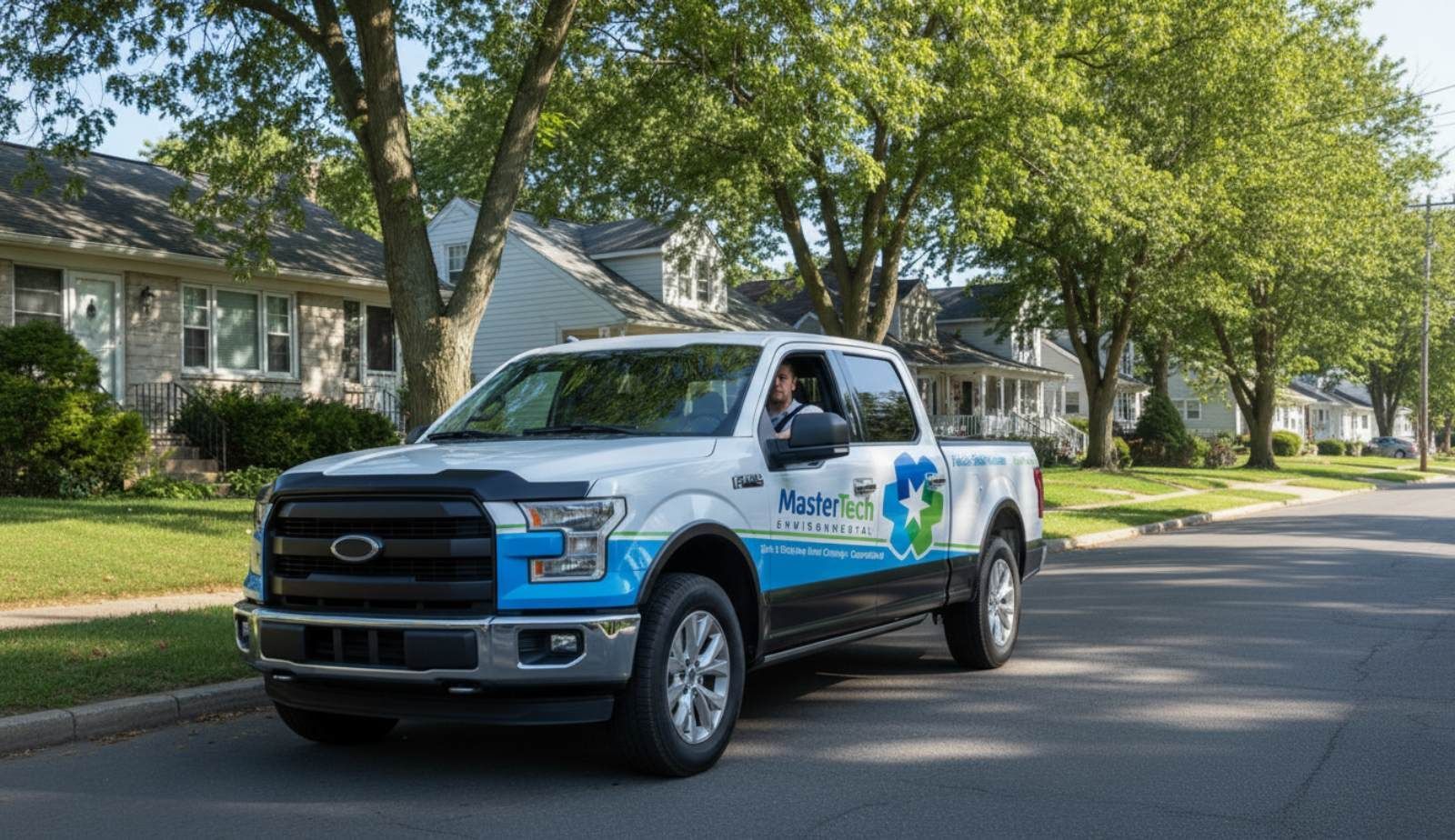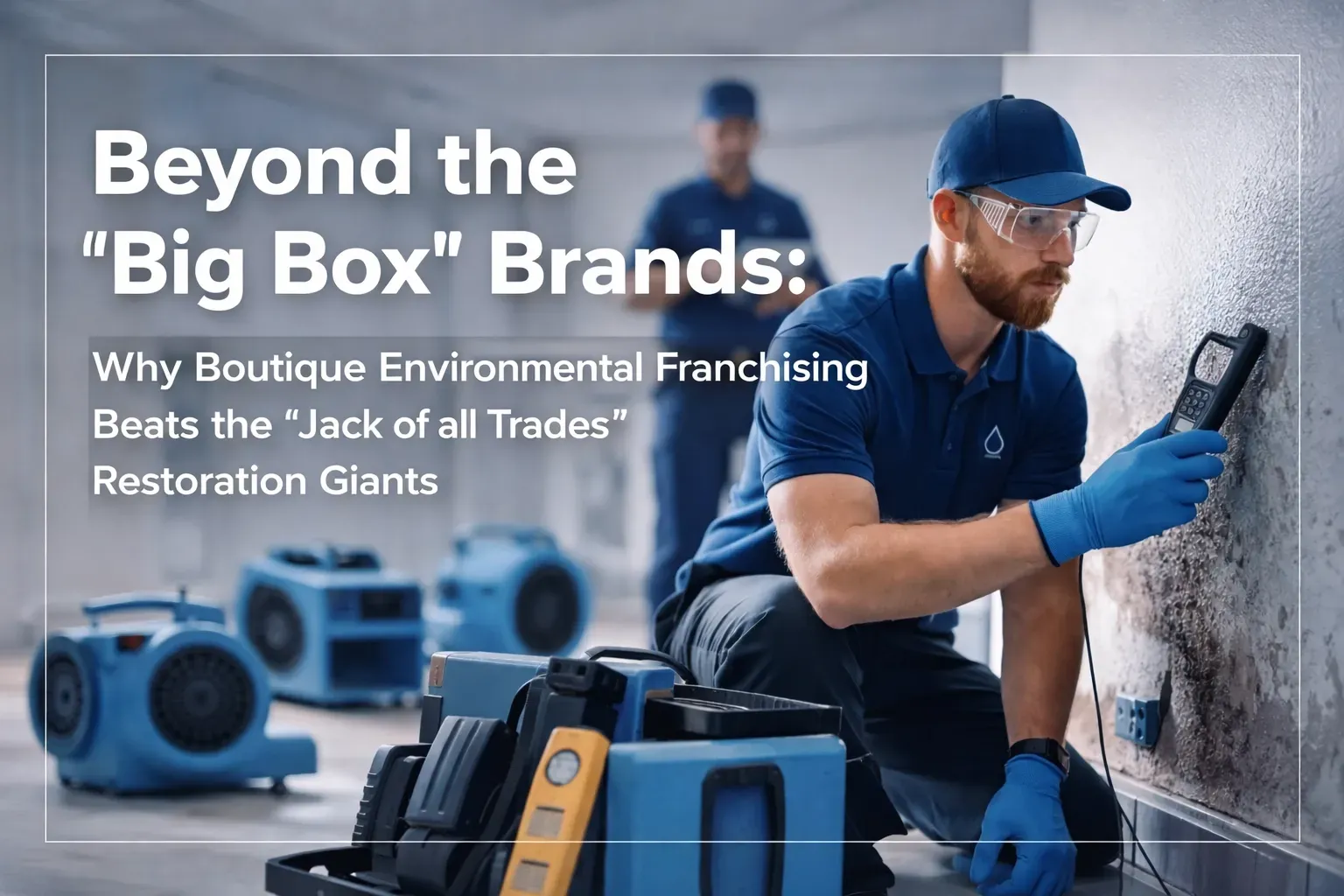
In today's competitive business landscape, many aspiring entrepreneurs face the dilemma of choosing between starting a new venture or investing in a franchise. Restoration franchises, particularly those like Mastertech Environmental, offer a proven business model that significantly reduces the inherent risks associated with startups. With a growing demand for services in water damage restoration, mold remediation, and environmental safety, these franchises are uniquely positioned to thrive even in challenging economic conditions.
Owning a restoration franchise provides access to extensive training and ongoing support, which proves invaluable for those new to the industry. Unlike startups, which often require entrepreneurs to navigate the complexities of business development alone, a franchise offers a robust support system. This structure enables franchise owners to focus on building their business and serving their communities without the typical uncertainties that accompany startup ventures.
The stability of the restoration industry is bolstered by its recession-resistant nature. As natural disasters become more frequent and infrastructure ages, the necessity for restoration services continues to grow. This creates a reliable opportunity for franchise owners to build a solid and rewarding business, poised for long-term success.
Why Restoration Franchises Provide Greater Stability Than Startups
Restoration franchises stand out as stable investment options due to their established business models, ongoing demand for essential services, and robust support networks provided by franchisors. These attributes contribute to lower risks and a more predictable path to success compared to starting a business from scratch.
Foundational Business Models in Franchising
Restoration franchises are built on proven business models that reduce the uncertainty often associated with startups. These models offer structured operational guidelines, marketing strategies, and financial frameworks.
Key components include:
- Brand Recognition: Established franchises come with a recognized brand, which can attract customers more easily.
- Training Programs: Comprehensive training equips franchisees with the necessary skills and knowledge to thrive.
- Standardized Procedures: These ensure consistency in service delivery, reinforcing brand reliability.
Starting an independent restoration business lacks this foundational support, leading to increased risk and potential failure.
Consistent Demand Driven by Essential Services
The restoration industry operates on a consistent demand cycle, as property damage from water, fire, and mold issues occurs regardless of economic conditions. This demand creates a reliable stream of revenue for franchisees.
Consider the following services that drive demand:
- Water Damage Restoration: Essential after flooding or plumbing failures.
- Fire Damage Cleanup: Critical following fire incidents.
- Mold Remediation: High demand due to health concerns associated with mold growth.
Due to this consistent need, restoration franchises can offer a more stable financial outlook, allowing franchise owners to plan and invest in their businesses sustainably.
Risk Mitigation Through Franchisor Support
Franchisors provide extensive support that is crucial for reducing risks associated with entrepreneurship. This support includes:
- Marketing Assistance: National and local campaigns drive customer awareness and engagement.
- Operational Support: Franchisees receive help with day-to-day operations, from inventory management to customer service protocols.
- Financial Guidance: Access to financial advisors can aid in budgeting and securing funding.
This ongoing support significantly decreases the likelihood of failure, enhancing the stability of restoration franchises compared to similar startup ventures.
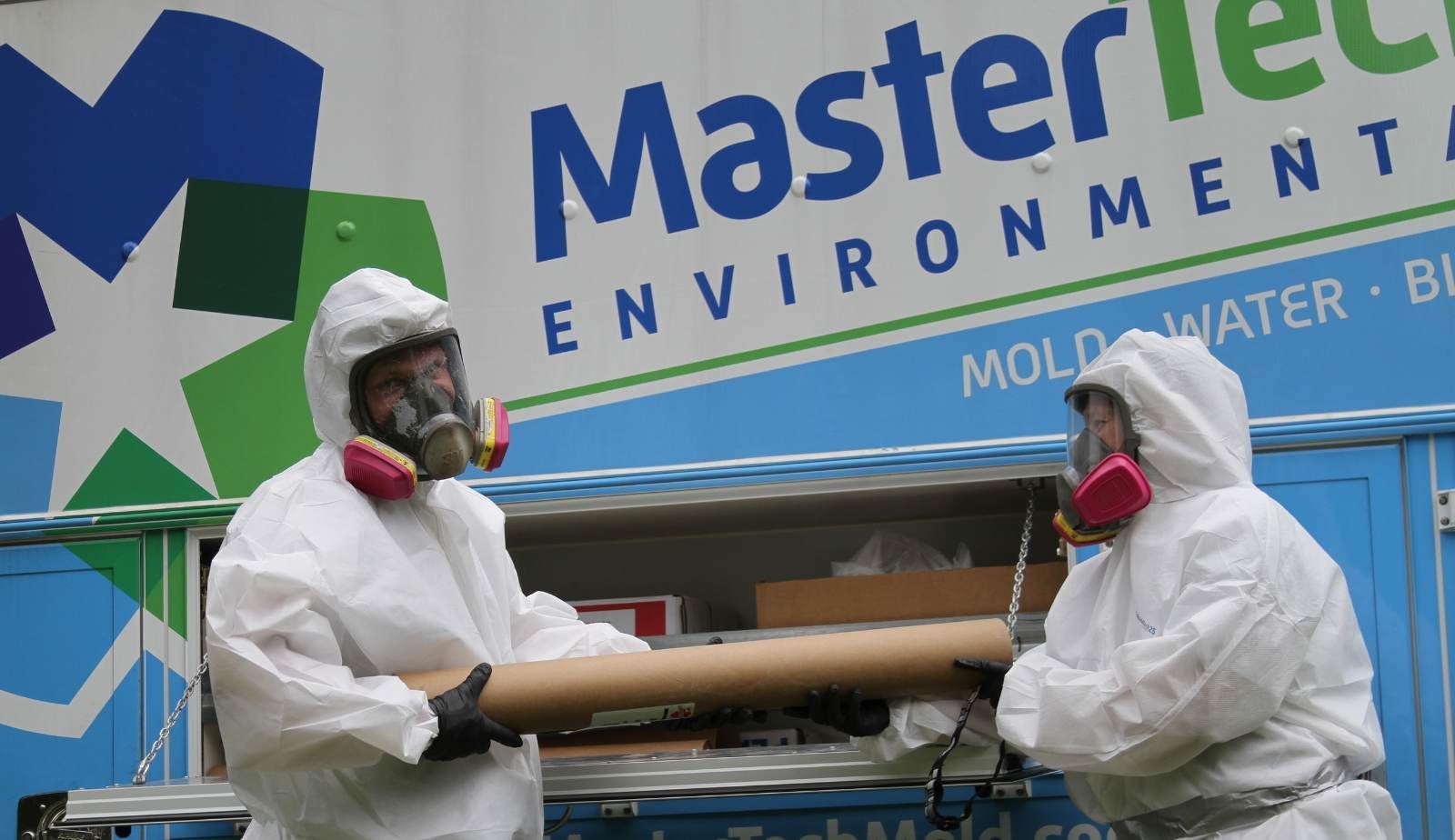
Understanding the Restoration Industry Landscape
The restoration industry is characterized by steady growth and ongoing demand driven by natural disasters and aging infrastructure. Key trends influence the market's resilience and the opportunities for franchise owners.
Market Growth and Trends
The restoration industry has reached a valuation of approximately $210 billion, marking it as one of the fastest-growing sectors in the economy. Factors contributing to this growth include:
- Increased Frequency of Natural Disasters: Hurricanes, floods, and wildfires have become more common due to climate change.
- Aging Infrastructure: Older buildings are more susceptible to water and fire damage, increasing the need for restoration services.
Technological advancements such as drones for surveying and thermal imaging for water leaks enhance service efficiency and customer satisfaction. As restoration companies adopt these innovations, they gain a competitive edge.
Impact of Natural Disasters and Aging Infrastructure
Natural disasters cause extensive property damage, demanding immediate restoration services. These incidents not only threaten lives but also strain financial resources.
Restoration companies specializing in disaster relief provide essential services, maintaining a consistent revenue stream during recovery phases. Furthermore, as infrastructure ages, property owners face higher risks of unexpected damage, creating ongoing demand for restoration.
According to industry reports, water damage and mold remediation are among the most requested services, highlighting significant needs within the sector. This constant demand makes restoration franchises an attractive option for investors seeking reliable returns.
Differentiators Within the Damage Restoration Sector
Within the damage restoration landscape, certain factors set successful companies apart. Key differentiators include:
- Brand Reputation: Companies with established credibility gain trust quickly, driving customer loyalty.
- Service Diversification: Restoration firms that offer a broader range of services, such as fire, water, and mold damage remediation, attract a wider client base.
- Technological Adoption: Firms leveraging innovative technologies often enjoy improved operational efficiency and customer engagement.
Keeping a focus on these differentiators can lead to long-term success in a competitive market. Investing in a restoration franchise ensures a foothold in this dynamic industry, providing stability and growth potential.
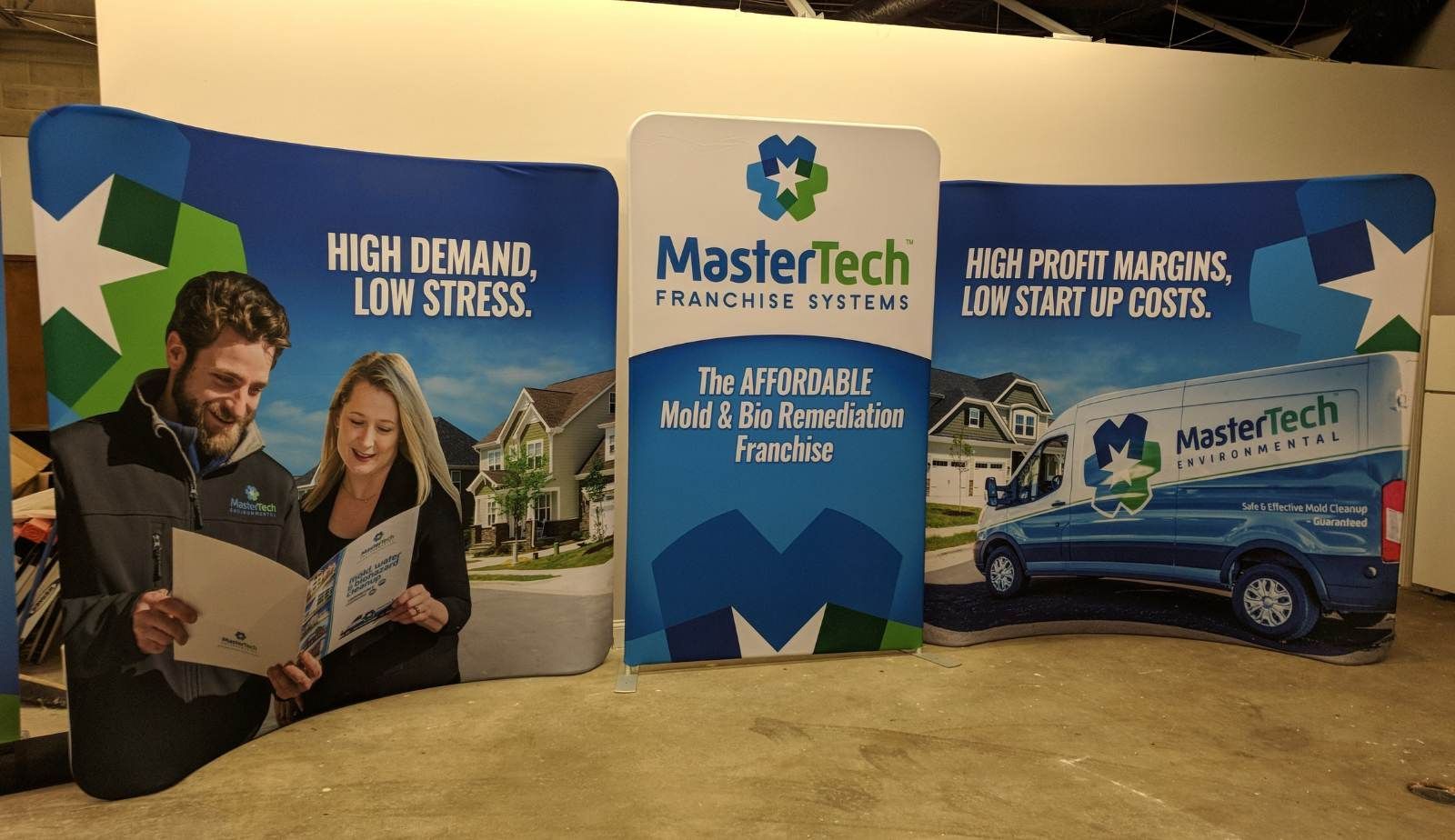
The Financial Advantages of Restoration Franchise Ownership
Restoration franchises provide several financial benefits that contribute to a stable business model. Key advantages include consistent cash flow, lower startup costs compared to independent businesses, and opportunities for scalability. The financial framework of a franchise aids in mitigating risks that entrepreneurs often face when launching a startup.
Cash Flow Stability and Insurance Backing
Restoration franchises typically experience consistent demand due to the urgent nature of their services. Events like water damage or fire incidents require immediate attention, resulting in steady cash flow.
Many restoration franchises often have partnerships with insurance companies. This enables franchisees to secure jobs directly paid for by insurance claims, which can enhance revenue stability. The predictable income stream helps in managing operating costs effectively.
Startup Costs and Return on Investment
The initial investment for a restoration franchise is often lower than that of starting an independent restoration business from scratch. Franchise offerings usually come with defined startup costs, which often cover equipment, training, and marketing.
The potential return on investment (ROI) can be higher due to the established brand reputation and customer trust associated with franchises. Many successful franchises report quicker breakeven points, making them a compelling option for aspiring business owners.
Scalability and Multi-Unit Opportunities
Many restoration franchises allow for scalability, enabling franchisees to expand their operations. This model allows owners to invest in multiple units in various markets.
Having multiple locations can significantly increase cash flow and market reach. Franchisees benefit from shared marketing efforts and operational support, further enhancing profitability. As demand for restoration services grows, so do the opportunities for franchise owners to capitalize on their investment.
Essential Restoration Services That Drive Consistent Demand
Restoration services are integral to maintaining property value and safety. The consistent demand for these services stems from natural disasters, accidents, and environmental factors that require immediate attention.
Water Damage and Flood Restoration
Water damage is one of the most common issues property owners face. This service includes addressing water intrusion from various sources, such as plumbing leaks, natural flooding, or even roof failures. A timely response is crucial to mitigate further damage, preventing structural issues and mold growth.
Key aspects include:
- Assessment: Quickly identifying the extent of the damage.
- Extraction: Removing standing water using specialized equipment.
- Drying: Employing industrial-grade dehumidifiers and air movers to fully dry affected areas.
Following restoration, properties often benefit from preventive measures, reducing future risks. Owners recognize the necessity of quick water damage restoration as crucial for preserving their investment.
Mold Remediation and Environmental Services
Mold can pose significant health risks, making timely remediation essential. Mold remediation services focus on identifying, containing, and eliminating mold growth to protect occupants and the property. The process generally includes:
- Inspection: Detecting mold sources and moisture problems.
- Containment: Isolating affected areas to prevent the spread.
- Removal: Safely disposing of contaminated materials.
Environmental services often expand beyond mold to include air quality testing and allergen identification. Property owners increasingly prioritize these services to ensure a healthy living environment, driving consistent demand within the industry.
Fire Damage Restoration Solutions
Fire damage restoration encompasses a range of specialized services addressing the aftermath of fires. This sector serves clients dealing with soot, smoke, and structural damage through a systematic approach. Key components of fire damage restoration include:
- Assessment: Evaluating the damage's extent and potential hazards.
- Cleanup: Removing debris and charred materials while neutralizing odors.
- Reconstruction: Repairing structural damages and restoring the property to its original state.
Swift action ensures that property owners can return to their homes or businesses quicker, minimizing losses. Fire damage restoration continues to be a significant area within the industry, reinforcing the necessity for professional services that ensure safety and security.
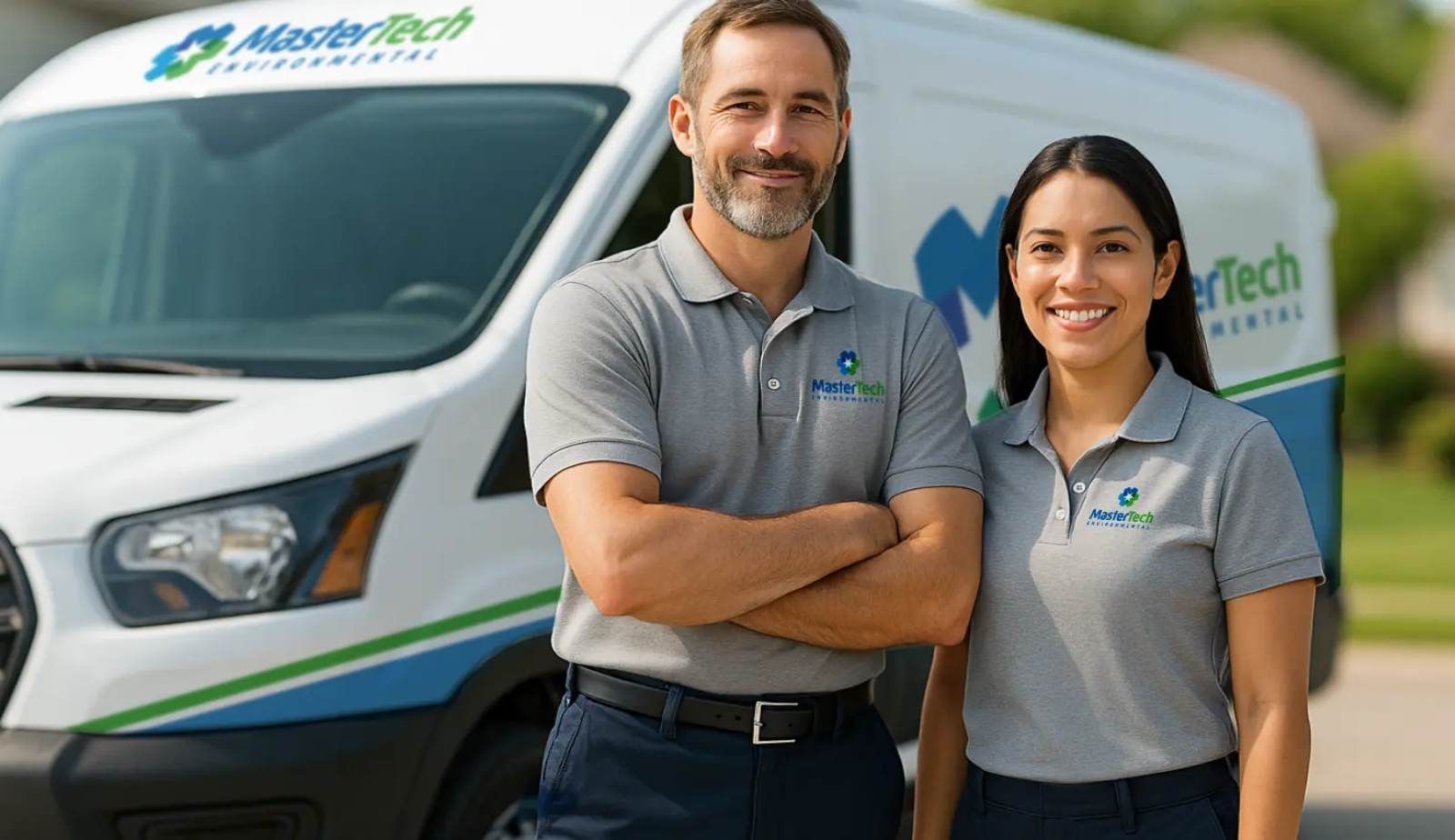
The Mastertech Environmental Franchise Advantage
Mastertech Environmental franchise offers distinct advantages that contribute to building a stable, rewarding restoration business. Key aspects include comprehensive training, established operational systems, and a strong brand reputation that fosters community trust.
Comprehensive Training and Operational Support
Franchisees benefit from extensive training that covers all aspects of the restoration business. This includes hands-on learning in mold remediation, water damage restoration, and biohazard cleanup. Training programs are designed to equip franchise owners with the necessary skills and knowledge.
Ongoing operational support ensures that franchisees stay updated on industry practices and regulations. Mastertech provides resources such as operational manuals, marketing materials, and customer service protocols. This support allows owners to focus on business growth while relying on a proven framework developed through years of experience.
Proven Systems and Brand Reputation
Mastertech Environmental employs tested operational systems that streamline processes. These systems include effective project management tools and customer relationship management software. By utilizing these tools, franchisees can efficiently manage jobs, track progress, and enhance customer satisfaction.
The strong brand reputation of Mastertech serves as a significant asset. Established recognition in the restoration industry attracts customers looking for reliable services. Franchisees benefit from national and local marketing campaigns that bolster visibility and generate leads. This reputation also instills confidence among potential clients, making the decision to choose Mastertech an easy one.
Community Impact and Customer Trust
Mastertech focuses on delivering high-quality services that contribute positively to the community. Franchisees engage in local outreach initiatives, educating the public on the importance of restoration services. This engagement builds strong community relationships and positions franchise owners as trusted service providers.
Customer trust is further enhanced by Mastertech's commitment to transparency and reliability. Franchisees are trained to prioritize customer needs and ensure satisfaction with each project. By consistently delivering top-notch service, franchise owners foster repeat business and referrals, creating a reliable revenue stream within the restoration market.
Navigating Industry Challenges and Leveraging Franchise Resources
Owning a restoration franchise comes with unique challenges, but leveraging franchise resources can help navigate these obstacles effectively. Key areas of focus include insurance disputes, workforce management, and compliance with regulations. Each aspect plays a vital role in ensuring smooth operations and financial stability.
Managing Insurance Disputes and Payment Delays
Within the restoration industry, managing insurance claims can be complex. Franchises often face delays in payments from insurance companies, which can disrupt cash flow. It is essential for franchise owners to develop a systematic approach for submitting claims.
Key Strategies:
- Maintain thorough documentation of all work completed.
- Communicate regularly with insurance adjusters.
- Utilize the franchise's established relationships with insurers.
By having a clear process in place, franchisees can minimize payment delays and enhance project management effectiveness.
Hiring, Training, and Workforce Management
Hiring skilled staff and providing adequate training are crucial for restoration franchises. Finding qualified technicians who can handle various restoration tasks is challenging, yet vital for success.
Considerations for Workforce Management:
- Implement a structured onboarding process.
- Offer ongoing training programs to keep skills updated.
- Foster a positive work environment to retain employees.
By investing in workforce development, franchise owners can improve performance, reduce turnover, and enhance service quality.
Regulatory Compliance and Licensing
Compliance with state and federal regulations is a significant responsibility for restoration franchises. They must secure the proper licenses and adhere to safety and environmental standards.
Essential Compliance Steps:
- Stay informed about changes in industry regulations.
- Ensure that all employees maintain necessary certifications.
- Regularly audit business practices for adherence to legal requirements.
Navigating regulatory compliance effectively safeguards the business from potential fines and enhances its reputation. This focus on compliance also supports efficient project management, contributing to overall business stability.
Building a Rewarding and Stable Business in Restoration Franchising
Establishing a restoration franchise can be a strategic move for entrepreneurs seeking stability and long-term success. The combination of a proven business model with the increasing demand for restoration services creates numerous avenues for growth. Below are key strategies and insights relevant to building a rewarding business in this sector.
Long-Term Growth Strategies
Successful restoration franchises often utilize effective long-term growth strategies to ensure sustainability. Key approaches include:
- Market Analysis: Understanding local demand for specific services such as water damage restoration or mold remediation is essential.
- Diverse Service Offerings: Expanding services to include fire damage restoration and general maintenance can attract a broader customer base.
- Customer Relationships: Building strong relationships through excellent service fosters customer loyalty and repeat business.
By focusing on these areas, entrepreneurs position their franchises for continued success and adaptability in a fluctuating market.
Balancing Profit and Community Impact
A restoration franchise inherently has a dual role: generating profit while positively impacting the community. This balance includes:
- Community Engagement: Participating in local events and providing educational resources about disaster preparedness enhances brand reputation.
- Sustainable Practices: Implementing eco-friendly solutions in restoration services can appeal to environmentally-conscious consumers.
These initiatives not only enhance profitability but also cultivate a sense of trust and accountability within the community, reinforcing the franchise's stability.
Future Opportunities in Restoration Services
The restoration industry is continuously evolving, presenting emerging opportunities for franchise owners. Notable trends include:
- Technological Advancements: Embracing AI and automation can streamline operations and improve service efficiency.
- Aging Infrastructure: As properties age, demand for restoration services is expected to rise, creating a larger market.
- Natural Disasters: Increased frequency of natural disasters drives the need for reliable restoration services.
These future opportunities signify that restoration franchises are well-positioned to thrive, making them a compelling choice for aspiring entrepreneurs.
Frequently Asked Questions
This section addresses common inquiries related to the unique advantages and stability offered by restoration franchises, specifically focusing on Mastertech Environmental. Insights include how this franchise model aids in financial sustainability and risk mitigation.
What are the unique advantages of operating a restoration franchise compared to a traditional startup?
Restoration franchises often come with a proven business model and established brand recognition. This reduces the time required for market entry and client acquisition compared to traditional startups. Additionally, franchisees benefit from ongoing support and training, which can enhance operational efficiency.
How does a Mastertech Environmental franchise provide stability for entrepreneurs?
Mastertech Environmental franchises allow entrepreneurs to tap into a stable and growing market. The demand for restoration services is driven by events like natural disasters and property damage, ensuring a steady stream of potential clients. This market resilience contributes to long-term stability for franchise owners.
What makes the restoration industry a viable choice for business owners seeking long-term success?
The restoration industry addresses essential services that are always in demand. With increasing occurrences of water damage, mold issues, and other emergency situations, business owners can rely on a consistent need for their services. This creates a solid foundation for sustained growth and profitability.
What are the key factors that contribute to the financial sustainability of a restoration franchise?
Key factors include a diverse client base that spans residential and commercial markets. The ability to generate repeat and referral business enhances financial stability, as does the continuous demand for emergency restoration services. Furthermore, franchise systems often include guidance on pricing and operational best practices.
How does owning a franchise help mitigate some of the common risks associated with startup businesses?
Franchising reduces various risks linked to starting a business from scratch. Franchisees benefit from established operational procedures and branding, which can lead to quicker profitability. Additionally, ongoing support from the franchisor helps navigate challenges that new entrepreneurs typically face.
What support and resources can one expect when investing in a restoration franchise?
Investors in restoration franchises like Mastertech Environmental can expect comprehensive training and marketing support. Franchisees often receive assistance with business operations, including customer service protocols and financial management. This guidance is crucial for ensuring consistency and adherence to industry standards.
Get in Touch
Contact Us
Don't be a stranger!
30 Broad St, Unit 7
Denville, New Jersey 07834

